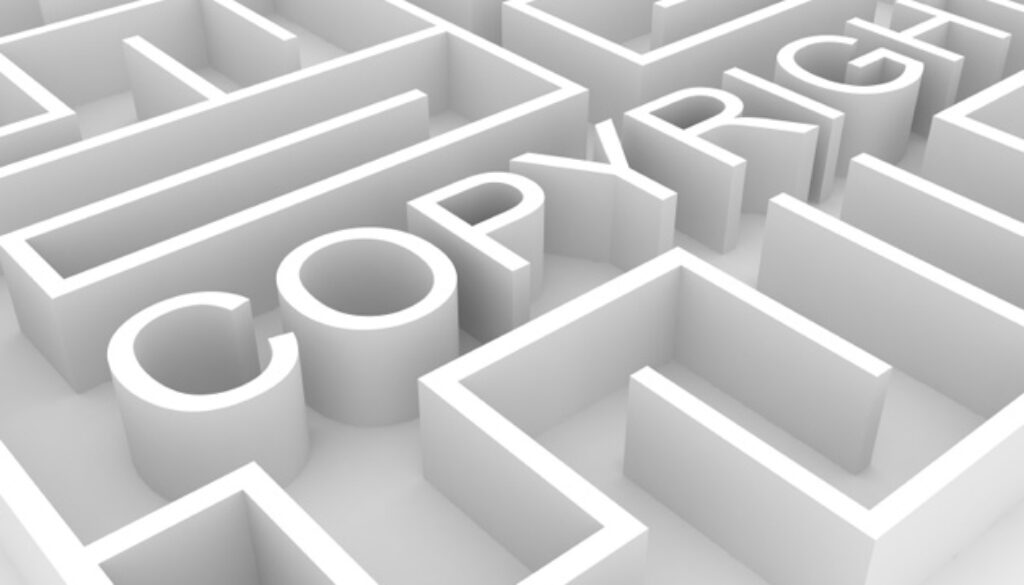What is the Creative Commons and How Does It Interact with Fair Use?
The Creative Commons is a project initiated in part by professors at my alma mater, Duke Law, through their work at the Center for the Public Domain. The Creative Commons says that it “develops, supports, and stewards legal and technical infrastructure that maximizes digital creativity, sharing, and innovation.”
What exactly does that mean? Well, it means that the Creative Commons project provides legal documents to average people who want to be able to share their content on the web and allow others to use it. There are several options for how to allow others to use your content. You can allow others to use your work commercially (for profit) or non-commercially (for display). You can allow others to make changes to your work, make changes only if they attribute the original to you, or not to make changes.
Who would use a Creative Commons license, and why? It is a great option for creative works like web comics, where the goal is often to get as many people sharing as possible. It is a great option for some amateur or new-to-the-scene artists who care more about seeing their work gain recognition than about making money on the work at the moment. It is a great option for a non-profit or advocacy organization that wants to have its materials distributed by its members with clarity about the expectations surrounding that distribution. It is not a great option if you want to ensure that you have complete control over the use and distribution of something you made.
How does the Creative Commons relate to fair use? Fair use is use of copyrighted material that does not violate copyright infringement laws. Fair use is defined by the Copyright Act’s Section 107. Section 107 states that for certain purposes, including “criticism, comment, news reporting, teaching (including multiple copies for classroom use), scholarship, or research,” copying and making use of other rights granted to copyright holders do not constitute infringement. The Creative Commons licensing system expands the ways in which a particular work can be used without needing specific permission from the owner of the work, to make use and copying of particular works more compatible with the ways in which the Internet allows sharing.
Do you think you might be a good candidate for a Creative Commons license? Want something similar, but don’t think Creative Commons is for you? Feel free to contact me for help!


